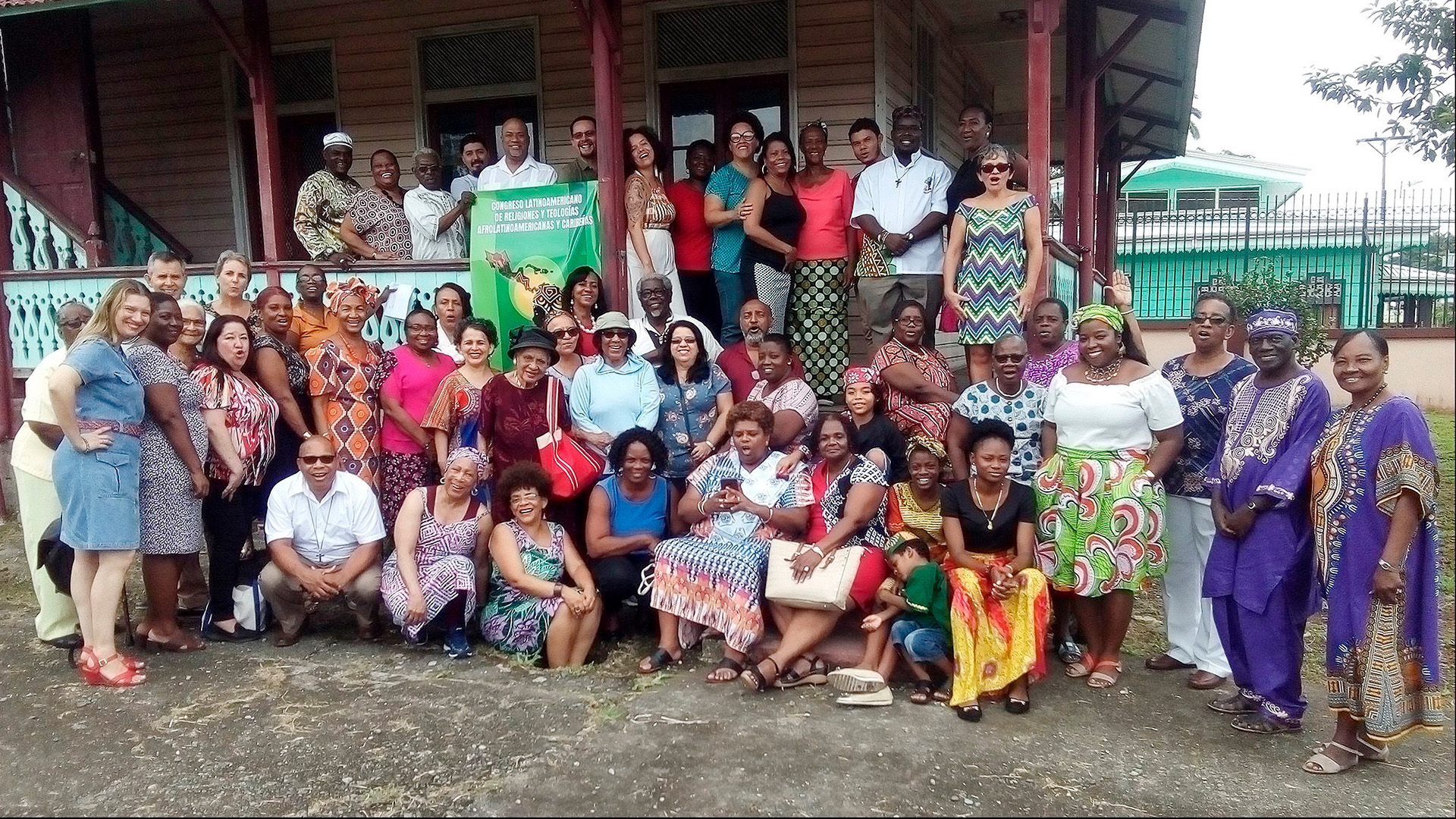The College of Philosophy and Letters acquired its name in 1983, as that same year saw the creation of the Center for Research and Teaching in Education (CIDE) and the Center for Research, Teaching, and Outreach in the Arts(CIDEA). The education and arts degree programs, initially part of what was known in 1973 as the College of Philosophy, Arts and Letters, were incorporated into these centers.
It is made up of 8 schools, 2 institutes or research centers, 3 master's degree programs and 1 doctoral program:
- School of Literature and Language Sciences.
- School of Philosophy.
- School of Library Science, Documentation and Information.
- Ecumenical School of Religious Sciences.
- Institute of Latin American Studies-IDELA.
- Institute of Women's Studies-IEM.
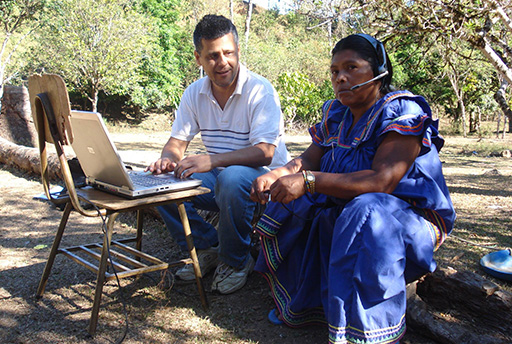
Photo: The founder of PROLINCA, Juan Diego Quesada Pacheco, was awarded the Luis Ferrero Acosta National Prize for Cultural Research for the contribution his research has made to the recovery of Central American indigenous languages.
Working session with Ms. Marlene Santos, in Las Vegas, Buglé indigenous territory, Limoncito de Coto Brus.
This College systematizes and promotes a new humanistic knowledge using, from analytical and dynamic approaches in the field of literature, philosophy, language and culture."
The College of Philosophy and Letters has strategic projects that allow it to:
- Work with rural women, urban populations, the LGBTIQ population, indigenous peoples and institutions that protect the environment.
- Generate spaces for dialogue for the prevention of feticide and other gender-based violence.
- Rescue endangered languages through linguistics programs.
- Promote the dissemination of Costa Rican philosophical thought and establish dialogues with other disciplines of knowledge.
The policies and programs of the School of Literature and Language Sciences have an impact on Costa Rican and international society. Examples of this are its findings in the area of Hispanic and Central American indigenous linguistics, and its collaborations in the training of both English and French language teachers.
The Program of Central American Linguistics, PROLINCA, aims to promote systematic research into linguistic phenomena in the Central American region, about the indigenous and creole languages and the Central American Spanish, with the purpose of rescuing the linguistic heritage of the isthmus. Through articles and papers in international journals and forums, the program has produced grammars of Guaymí, Cabécar and Buglere, Chibchan languages of Costa Rica, Garífuna, Arawak of Honduras, Guatemala and Belize, Limón Creole language in our Caribbean, as well as Waunana and Emberá, Chocó languages of Panama. Work is currently being carried out on the Jicaque language of Honduras, whose genealogical affinity remains a mystery for Amerindian linguistics.
Go to website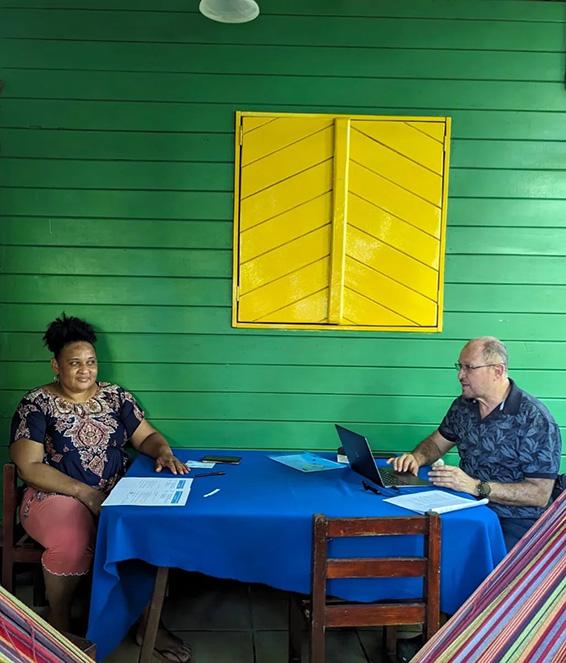
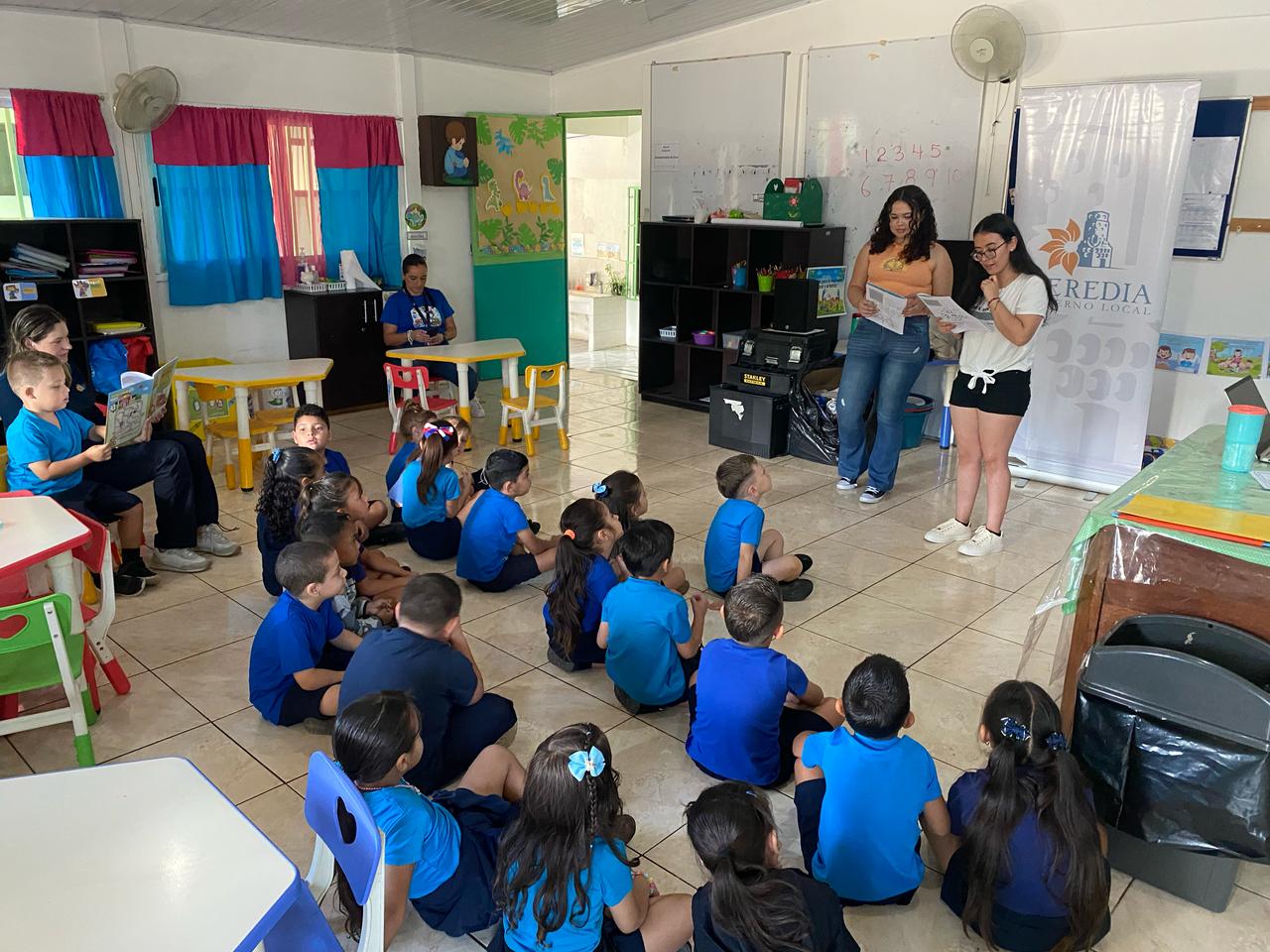
The School of Philosophy stands out for cultivating all areas of philosophy, contributing to the approach, discussion and resolution of fundamental philosophical problems in Latin America and the world. It provides the theoretical tools and instruments necessary to offer solutions to ontological, epistemological, logical, ethical, political, gender and aesthetic problems from an inter- and transdisciplinary perspective.
Since 1974, the journal collection “Prometeo” has been published annually, dedicated to the dissemination of current philosophical problems.
Go to websiteThe School of Librarianship, Documentation and Information stands out in the training of integral professionals for the management of information that respond to social needs through the democratization of knowledge.Due to its trajectory, it has positioned itself in several native towns for the rescue of orality and is a reference in educational centers and organizations that care for children through actions to promote and encourage reading.
Ir al sitio web
The Ecumenical School of Religious Studies is a reference in Costa Rica for understanding the religious phenomenon and its influence on people's lives.
It promotes social dissemination of a culture of peace, inclusion of vulnerable populations, political, cultural, spiritual and territorial rights of indigenous peoples, promotion of poor women and the secular state, as well as children's rights and non-violent parenting.
Go to websiteThe impact of the Institute of Latin American Studies-IDELA in Costa Rica is evident in its interrelationship with institutions and communities in alternative conflict resolution, education for peace, and human rights approaches to social problems.
Ir al sitio web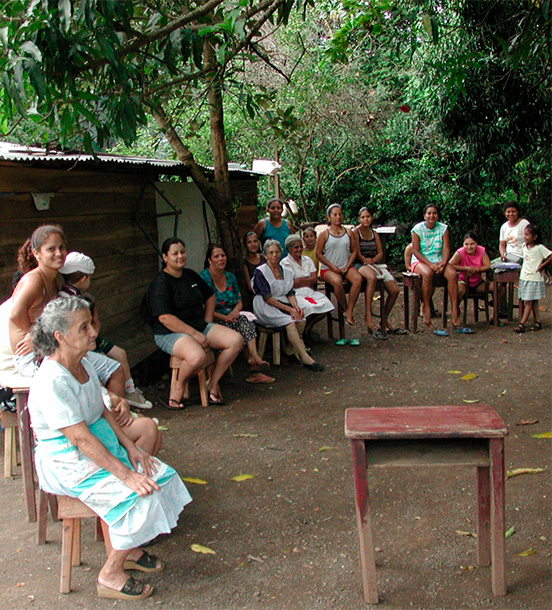
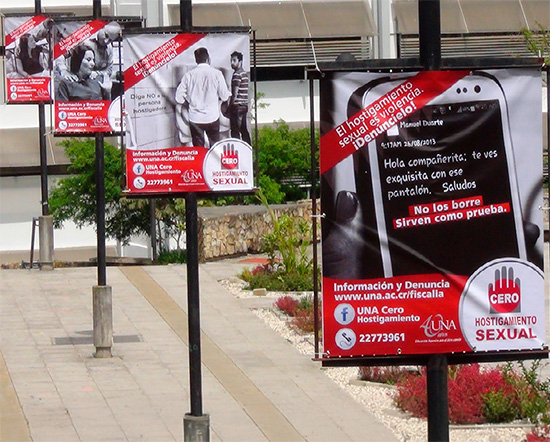
The Institute for Women's Studies (IEM) was created in 1991 and has had a significant impact on the eradication of violence against women, by reducing gender gaps and promoting a culture of prevention. It promotes cultural change towards NON-discrimination of any kind.
Its mission is to raise awareness, promote and verify compliance with actions that allow ideological-cultural ruptures for the achievement of gender equity, equal opportunities and rights between men and women, in the institutional, national and regional spheres, with the purpose of contributing to the construction of a more just, inclusive, diverse and sustainable society.
Go to the websiteFor more information, you can access the following links:


